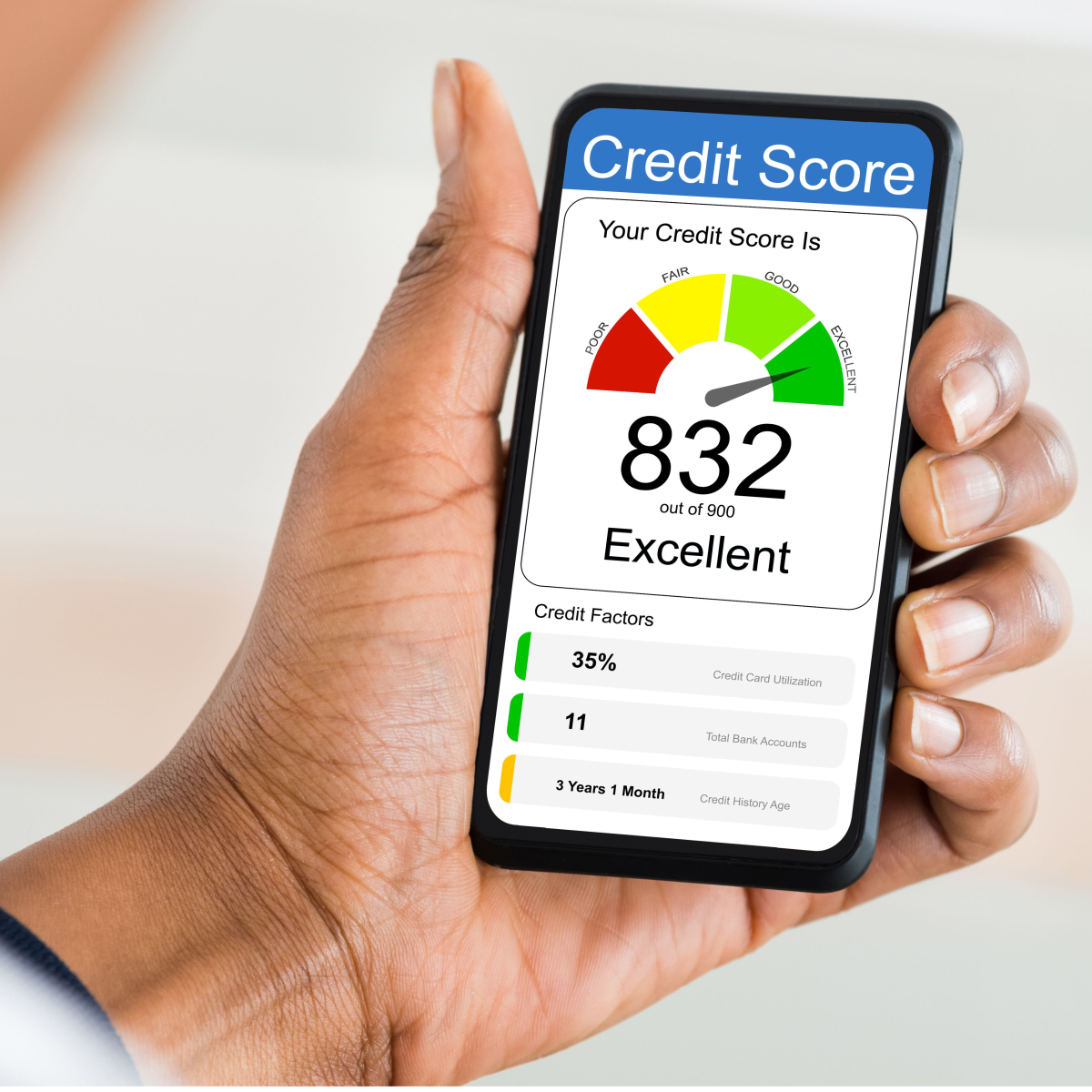Manage Your Debt - Let's Explore Your Options
GET STARTED NOWNot All Credit Builder Loans Are Equal, Here’s How to Choose

People often come to us with questions about how to build—or rebuild—their credit. That conversation can go in many directions, from getting current on overdue accounts to resolving collections. But one of the most powerful steps is often the hardest: finding ways to add positive information to a credit report that's already taken some hits. So how do you do that when it feels like no one will give you a second chance?
One credit-building tool that’s gained traction in recent years, though it’s been around for decades—is the credit builder loan. Commonly offered by credit unions and community lenders, these loans are designed to help you build a positive payment history without taking on traditional debt.
Here’s how it works: you make monthly payments into a locked savings account, and those payments are reported to one or more of the major credit bureaus. This helps establish a track record of on-time credit activity, the single most important factor in your credit score. At the end of the loan term, the funds are returned to you, minus any interest or fees.
Credit builder programs can be highly effective when used strategically to strengthen your credit profile. We often recommend them—but with an important caveat: it’s essential to know what to look for before signing up. Not all credit builder services are created equal.
Below, we’ve outlined some common red flags and provided a side-by-side comparison of programs offered through a nationally recognized nonprofit credit counseling agency and a popular online for-profit credit-building service. This comparison is based on real information publicly available on each organization’s website as of May 2025.
When Credit Builder Programs Become Predatory
While many for-profit credit builder tools can be helpful when used wisely, some cross the line into predatory territory. These are typically products that promise fast credit improvement while quietly charging high fees, offering minimal education, or creating risk without reward.
Key signs a credit builder program might not be a good choice:
• High monthly fees or setup charges that don’t match the value of the service.
• “Subscription-style” billing with no real credit improvement or cancellation terms.
• Not reporting to all three credit bureaus, making progress hard to track.
• Lack of transparency around how the program works, what it costs, or how long it takes.
• Pressure to upgrade or upsell additional costly services, like credit monitoring or identity protection.
• Bundling with shady credit repair tactics, like disputing accurate information.
The chart below highlights key differences between the two types of programs to help you make an informed decision about which option may best support your credit-building goals.
| Example 1 – Non-Profit Save 2 Build | Example 2 – For Profit Credit Builder Loan | |
| Loan Period | 12 months | 24 months |
| Monthly payment | $27.80 | Ranges between $25 and $150 * |
| Fees | $33.55 | $89 - $531 * |
| Fees as an interest rate | 12% | 15.92% - 15.82% * |
| Credit Reporting | All three credit agencies. Does not report negative payment information. | All three credit agencies. Reports positive and negative payment information. |
| Missed payments | If late 31 days or more a fee of $2.50 will be assessed. Late payments are not reported to the credit reporting agencies. However, if two payments are missed, the account will be closed, and any accrued funds are used to pay off the loan. Any remaining funds are returned to the participant. | Payments that are 15 days past the due date, are assessed a late fee of up to 5% of the monthly payment amount. For example, if your monthly payment is $50, the late fee would be $2.50. Payments that exceed 30 days late are reported to the credit reporting agencies. *Depends on the plan chosen. |
This comparison is based on real information publicly available on each organization’s website as of May 2025.
Additional Credit-Building Options
If someone is looking to build credit, here are additional trustworthy alternatives:
• Secured credit cards from reputable banks or credit unions with low or no annual fees.
• Credit builder loans from community lenders, non-profits, or CDFIs.
• Authorized user status on a trusted family member’s credit card (if managed well).
• Rental and utility reporting tools (only if they're low-cost and report to all major bureaus).
• Nonprofit credit counseling, that provides coaching and safe referrals.
The Final Decision
Before signing up for any credit builder program, ask the right questions: Is the provider a nonprofit? Do they report to all three major credit bureaus? Are there any hidden fees? If the answers aren’t clear or transparent, that’s a red flag.
Also consider what else the organization offers: Do they provide free financial education or coaching? Do they partner with other nonprofits or community organizations to help people navigate other financial concerns, like housing, student loans, or budgeting? A strong credit builder program shouldn’t stand-alone, it should be part of a larger commitment to your long-term financial health.
Ready to take the next step toward better credit and stronger financial habits? Whether you're working on building credit, managing debt, or creating a personalized budget plan, our certified counselors at American Financial Solutions are here to help. Let’s build your plan together—get started today at myfinancialgoals.org or call 888-282-5811.
Note: Information in this comparison was gathered from the official websites of both providers in May 2025 and is subject to change. Please verify current terms before enrolling in any credit-building service.
Published May 21, 2025.
